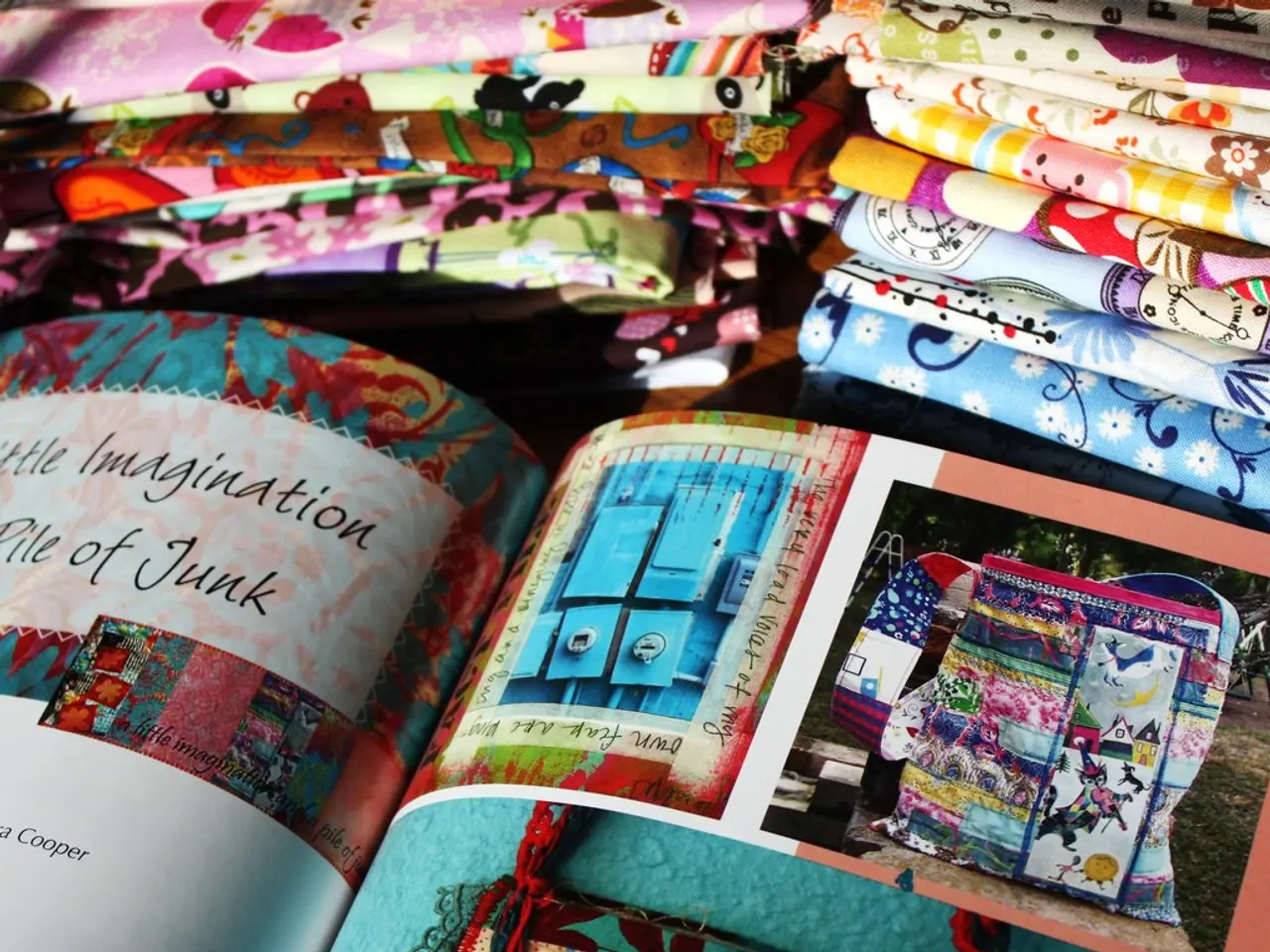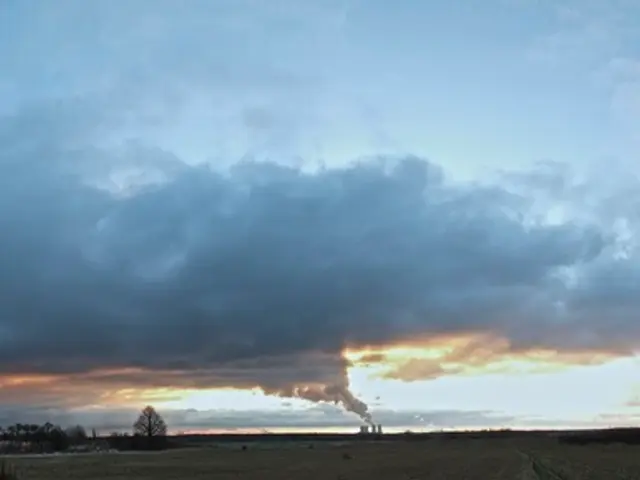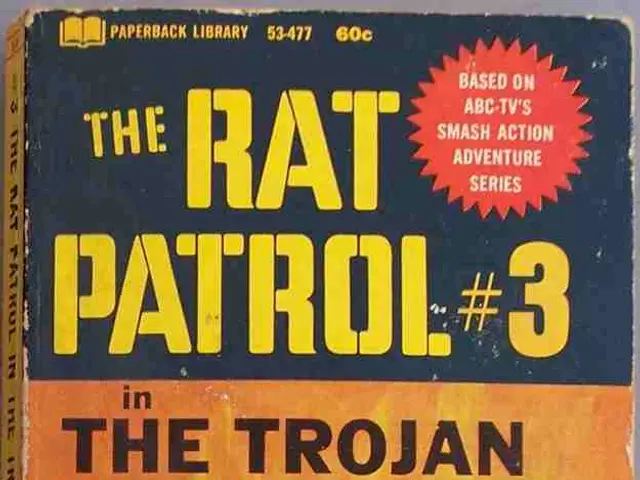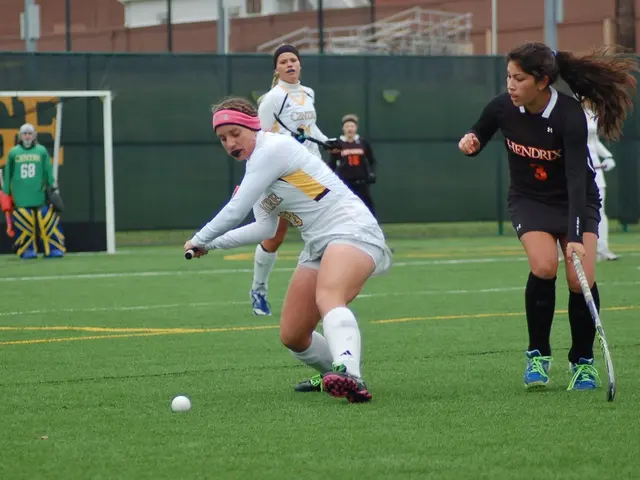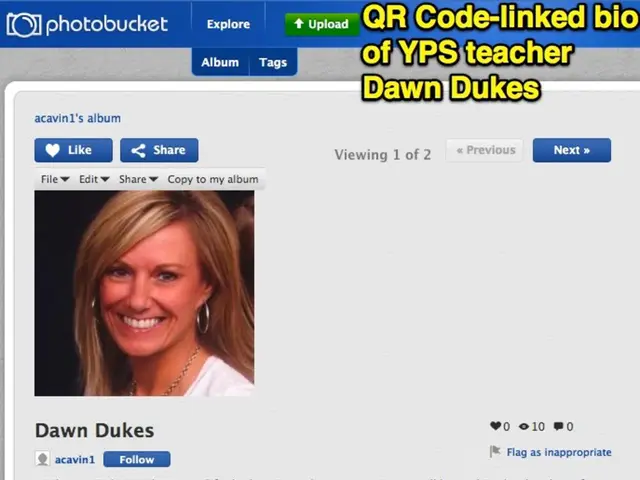Justice and recognition remain elusive for victims 21 years after the Gatumba refugee camp massacre on August 13th.
The Gatumba massacre, a horrific event that took place on August 13, 2004, in a UN refugee camp in Burundi, continues to haunt the world community more than two decades later. Over 166 innocent lives, mostly belonging to the ethnic minority of Banyamulenge, were brutally taken in this atrocity, with many more left severely injured.
The perpetrators of this heinous crime were members of the Burundian rebel group Forces nationales de libération (FNL) and suspected affiliated militias. Despite the passage of time, no clear public information indicates active judicial inquiries or prosecutions by international or regional courts specifically addressing the Gatumba massacre.
Survivors continue to renew their calls for justice, but no reported formal investigations or trials by courts like the International Criminal Court (ICC) or the East African regional tribunals have been documented in recent sources. This status of unfulfilled justice and unresolved demands from survivors remains a pressing concern.
Laura Mahler, the GfbV representative for Sub-Saharan Africa, is among those advocating for accountability. She is calling for an independent judicial investigation of the Gatumba massacre by international and regional courts. Mahler also urges the Congolese government to take responsibility and take concrete steps to protect minorities like the Banyamulenge. These steps include official recognition of their citizenship, protection from hate speech and violence, and political and social participation.
The Banyamulenge, who have lived in the highland regions of South Kivu for centuries, were mistakenly referred to as Banyaruanda during the Belgian colonial period. Unfortunately, their historically distorted image has been exploited by political actors, leading to increasing insecurity, violence, and targeted persecution that forced many to flee, including to the Burundian refugee camp of Gatumba.
As the anniversary of the Gatumba massacre approaches on August 13th, the Society for Endangered Peoples (GfbV) is commemorating the event, highlighting the need for an inclusive future for the Democratic Republic of Congo. An inclusive future is only possible if ethnic diversity is recognized and fostered as a strength, ensuring justice for past atrocities like the Gatumba massacre.
For more information, Laura Mahler can be reached at [email protected] or 03051 / 695825-3.
[1] Human Rights Watch. (2004). World Report 2005: Burundi. Retrieved from https://www.hrw.org/world-report/2005/country-chapters/burundi
[2] Amnesty International. (2004). Burundi: The Gatumba Camp Massacre: A Crime Against Humanity. Retrieved from https://www.amnesty.org/en/documents/afr34/002/2004/en/
[5] United Nations High Commissioner for Refugees. (2004). UNHCR Response to the Gatumba Camp Attack. Retrieved from https://www.unhcr.org/news/briefing/2004/8/41281e939/unhcr-response-gatumba-camp-attack.html
- The call for justice in the Gatumba massacre case continues to echo, with Laura Mahler, the GfbV representative for Sub-Saharan Africa, urging international and regional courts for an independent investigation and the Congolese government for concrete steps to protect the Banyamulenge minority.
- The Gatumba massacre, a result of war-and-conflicts and politics, has left deep scars in general-news cycles and human rights reports, with no clear progress on active judicial inquiries or prosecutions in crime-and-justice sectors.
- Amidst ongoing migration of the Banyamulenge minority due to insecurity, violence, and targeted persecution, the need for recognition of their citizenship, protection from hate speech and violence, and political and social participation remains a focal point in discussions around crime-and-justice, war-and-conflicts, and politics, particularly in the context of the Democratic Republic of Congo.
